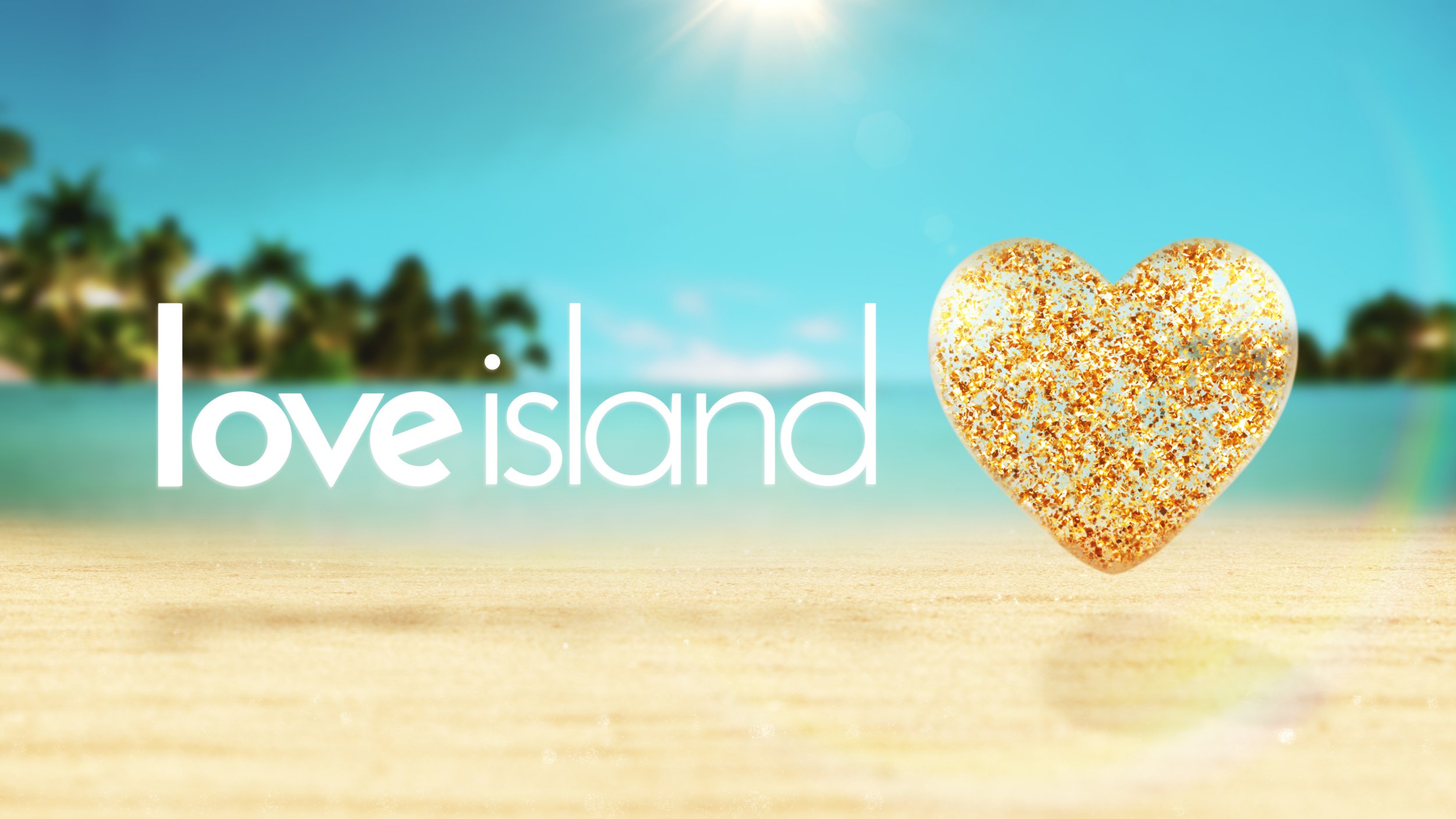
is returning to our screens for, but a lot of things have changed since it first began.
As the show has increased in popularity, has put as well as ensure they have a positive experience.
During the winter series of the show earlier this year, which introduced host to the fold, all cast members’ accounts remained inactive during their run on the show.
In previous years, family and friends would continue running the accounts on behalf of islanders, and now the rule is officially here to stay.
ITV confirmed the news on Wednesday, saying in a statement: ‘After an initial trial period, the show will now formally introduce a guideline asking participants to pause social media handles and accounts for the duration of their time on the show, to ensure that both the Islanders and their families are protected from the adverse effects of social media.’
Former islander Amy Hart commended the decision and explained why: ‘It was me that signed up to do the show, not my family and not my friends. But it was them that had to read the death threats and it was them that had to read the horrible messages.’
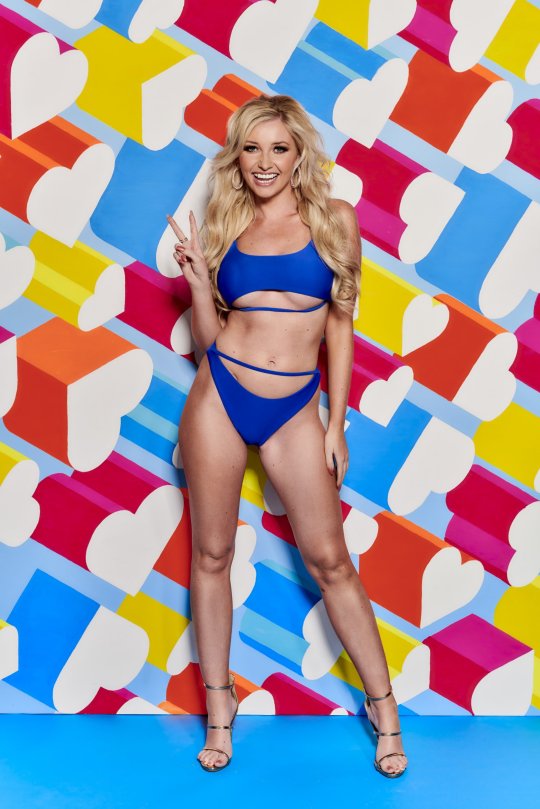
The choice by the dating show bosses seemed to affect the It’s likely a blow as some will have aspirations to forge lucrative careers as influencers and sign contracts with brands following their departure.
Zara Lackenby-Brown, who was among the first series to be part of the ban told : ‘It’s actually a shame because islanders’ channels have previously been open, that’s been a way for the friends and family to be able to have a voice.
‘If anything, the social media ban has just stunted our social media growth.’
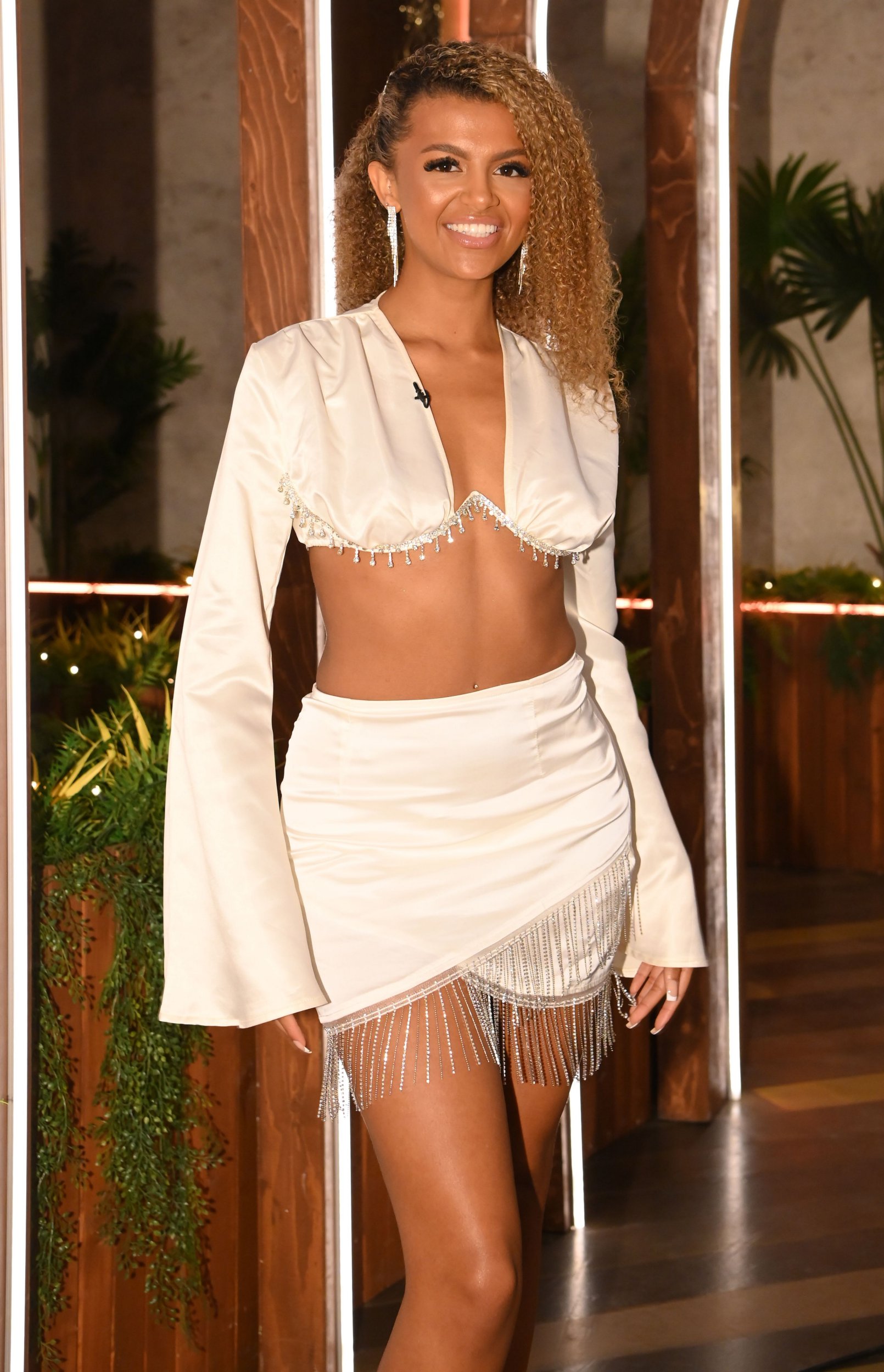
ITV also want to ensure that all participants go into the show with their eyes wide open to what it will entail, so they will all watch an instructional video that features the show’s Executive Producer and Head of Welfare, interviewing former Islanders about their experiences on the show.
‘This includes details on the two-week period before they enter the villa, how to cope being filmed 24/7, the interaction they will have with producers in the villa, the support provided to family members, dealing with social media trolling, and adapting to life away from the show,’ ITV explained.
First introduced ahead of series 8 in 2022, the future reality stars will also complete video training that will cover mutually respectful behaviour in relationships, behaviour patterns associated with controlling and coercive behaviour and language around disability, sexuality, race and ethnicity, and microaggressions.
Former contestants were criticised for some of their behaviour in the villa including Adam Collard. His 2018 appearance led to a statement from Women’s Aid regarding his relationship with Rosie Williams.
Katie Ghose, chief executive of Women’s Aid, said at the time: ‘In a relationship, a partner questioning your memory of events, trivialising your thoughts or feelings, and turning things around to blame you can be part of pattern of gaslighting and emotional abuse.
‘It is only when we make a stand together against abuse in relationships that we will see attitudes change and an end to domestic abuse,’ she concluded.
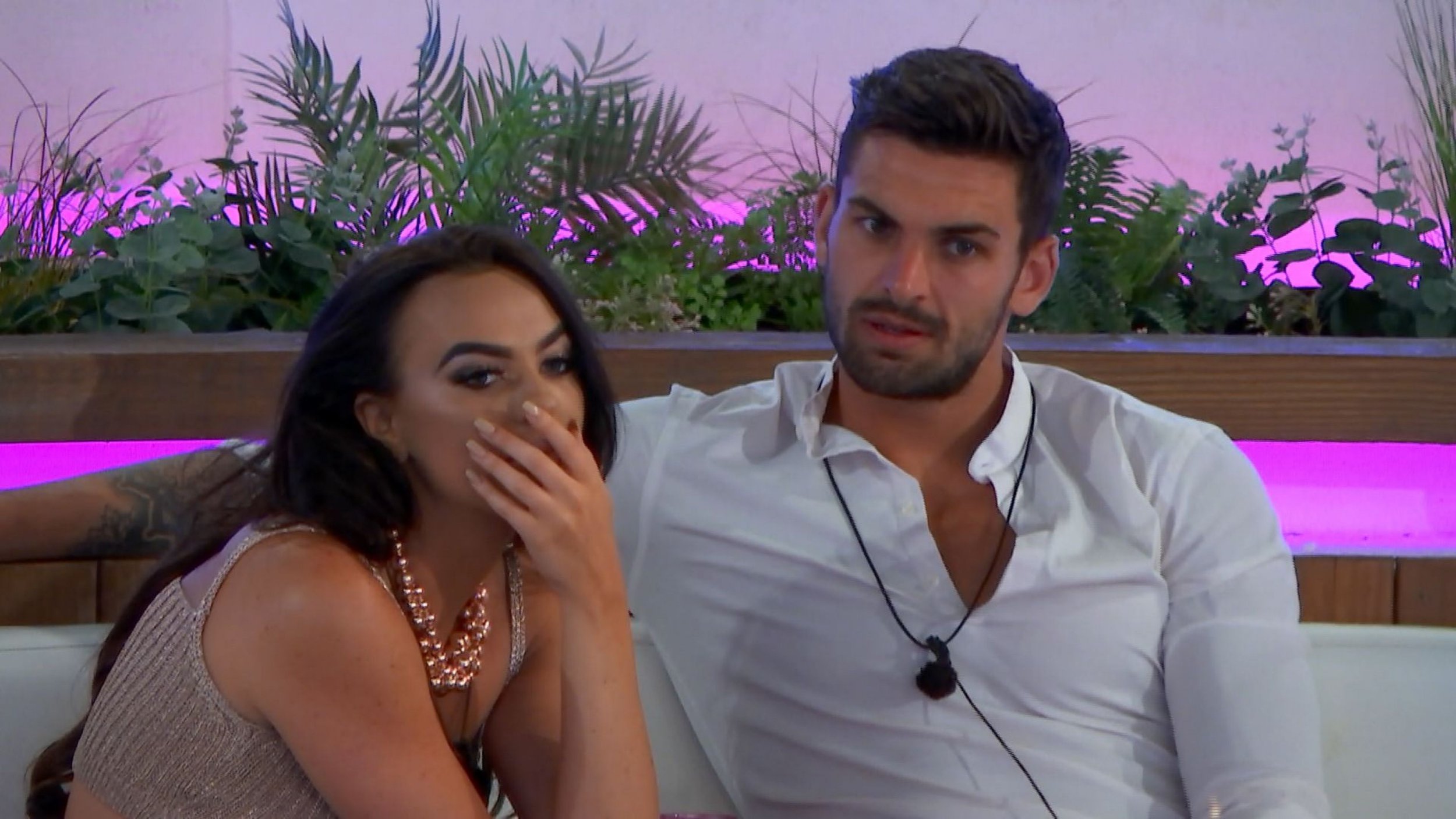
Before approval to enter the show, each contestant will also undergo thorough pre-filming psychological and medical assessments, and they are required to fully disclose any relevant medical history.
The cast’s expectations will also be informed of both positive and negative implications of taking part and will be encouraged to discuss with their family before saying yes.
Islanders will continue to be supported during the show by mental health professionals, and the senior team on the ground have received training in mental health first aid.
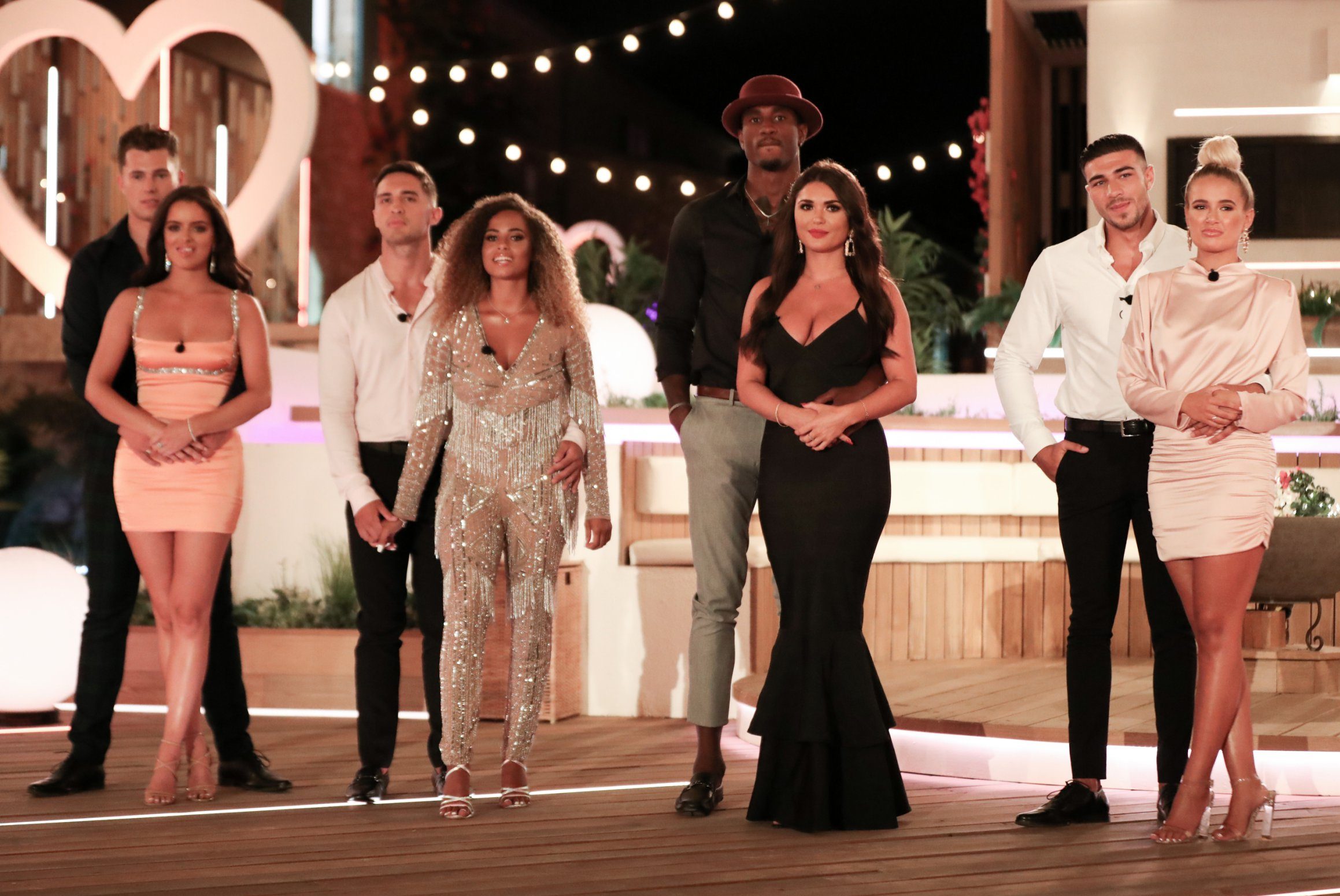
Upon eviction, they will also be offered practical assistance including advice on finances, management, social media and adjusting to life back home.
The welfare team will keep in touch for at least 14 months and islanders will partake in a minimum of eight therapy sessions, with additional help provided where applicable.
There were calls for increased support for the cast after two former islanders – Sophie Gradon from series two and from series three – took their own lives years after competing on Love Island.
Then, in February 2020, host




















